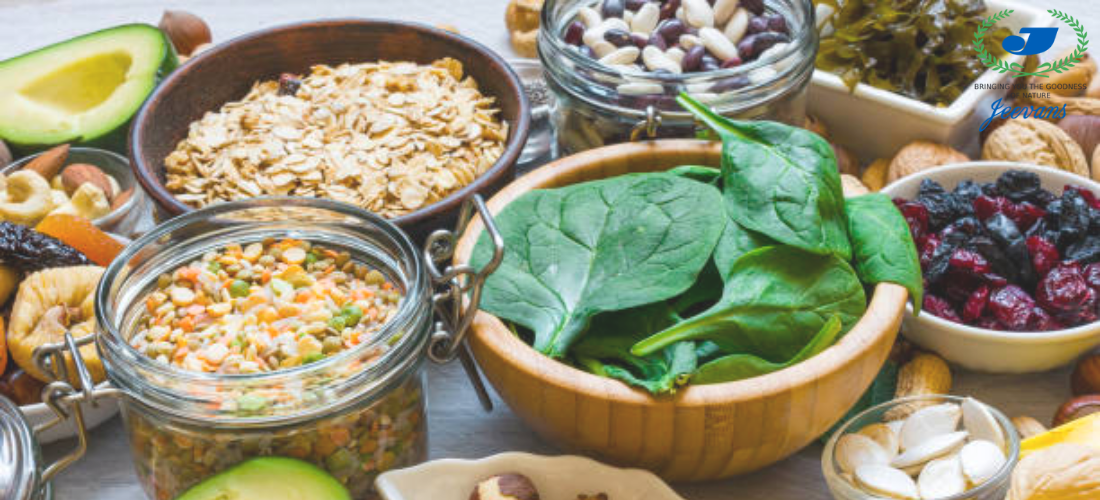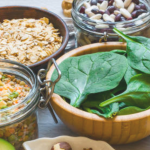Parents and young mothers are concerned about the nutrition of their kids’ growth and development, as well as the hazards posed to us by ingesting chemicals, fake flavours, and additives, particularly with regard to children. As we learn more about the detrimental side effects of these chemically laced items, the demand for certified organic food and snacks for kids will only increase.
Why Organic food for kids?
Organic food is the finest choice for newborns and toddlers during their formative years and beyond. Globally, there is a gradual movement toward organic foods, particularly for children. Organic foods are produced, handled, and processed in accordance with strict organic food production, handling, and processing regulations. In comparison to natural foods, organically cultivated foods are subject to tight laws regarding growing practices and the use of preservatives.
So, what does organic food provide your kids? Only organic produce, unlike natural and other eco-label claims, provides government-backed guarantee that items are produced and processed without the use of harmful pesticides, antibiotics, or synthetic growth hormones.
Benefits of Organic Food for kids:
- Reduced Chemical Exposure
Unlike conventional foods, organic foods are cultivated without the use of dangerous chemical fertilizers, pesticides, and other potentially harmful compounds. These environmentally friendly foods are cultivated using natural methods and insecticides derived from nature, and they are also GMO-free.
- Nourishing and beneficial to physical health
When you choose organic meals for your children during their formative years, you are selecting health, nourishment, immunity, and overall growth. This is due to the fact that organic foods are higher in critical nutrients and give superior nutrition to newborns and toddlers.
- Enhancement of Taste and Exposure to Natural Flavor Profiles
Organic foods for kids are available in a variety of forms, including cereals, fruits, and vegetables, as well as snacks, packaged foods, and so on. They taste better in any situation. That, too, without the use of artificial preservatives and flavours, needless additives, flavour enhancers, extra sugars, or food colouring, all of which are haphazardly put into processed meals to make them appealing to babies and children. These additives, synthetic flavours, added sugars, and so on are known to cause hyperactivity in youngsters as well as health concerns. Organic food allow us to teach our children to accept and respect natural flavours and tastes. Learning to appreciate natural taste and flavour profiles is one of the most important lessons we can teach our children, and it will serve them well throughout their lives.




